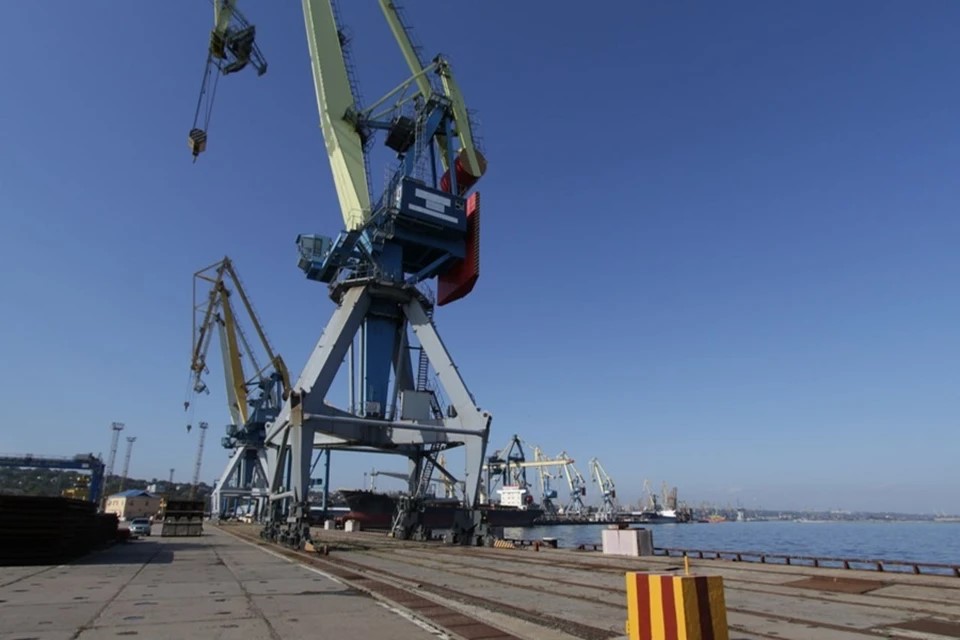In Russia, bankruptcy proceedings have begun for one of the largest chip manufacturers, "Angstrem" (Zelenograd). The company is under supervision, and a decision to recognize it as bankrupt was made following a request from Zenit Bank on December 2, 2024. According to court documents, in November 2019, the court ordered Angstrem to pay 1 billion rubles to Zenit Bank, but the company has not repaid the debt.
The factory was significant for Russia and was supposed to become the largest player in microchip production. It was overseen by Leonid Reiman, a former communications minister close to Vladimir Putin. The project received state funding of $1 billion, with his company securing a 815 million euro loan from VEB in 2008 to create a production facility for processors, smart cards, and electronic passports. The project was supported by the government and the Security Council.
However, Angstrem accumulated over 100 billion rubles in debt and unexpectedly stopped repaying its loans. In 2014, the company no longer had the funds to continue operations, according to the tax service. The service noted that there are 108 enforcement proceedings against Angstrem, totaling 147.6 billion rubles, and it has ongoing court disputes worth over 500 million euros. By January 2019, VEB had seized all of the company's equipment and shares and also filed for bankruptcy.
Reiman distanced himself from the project but was not affected. In the summer, his company, "Rutek," received government benefits and began building a new plant in the "System" special economic zone (SEZ) in Saransk, as reported by CNews. The investment in the project amounts to several billion rubles. The company intends to focus on import substitution, manufacturing smartphones, computers, tablets, laptops, and telephone stations. However, Rutek's import substitution projects have not always gone smoothly—its "domestic" smartphone for officials, the "R-phone," turned out to be an exact copy of the Symphony Helio 80 device from Bangladesh, though it cost three times more.





















